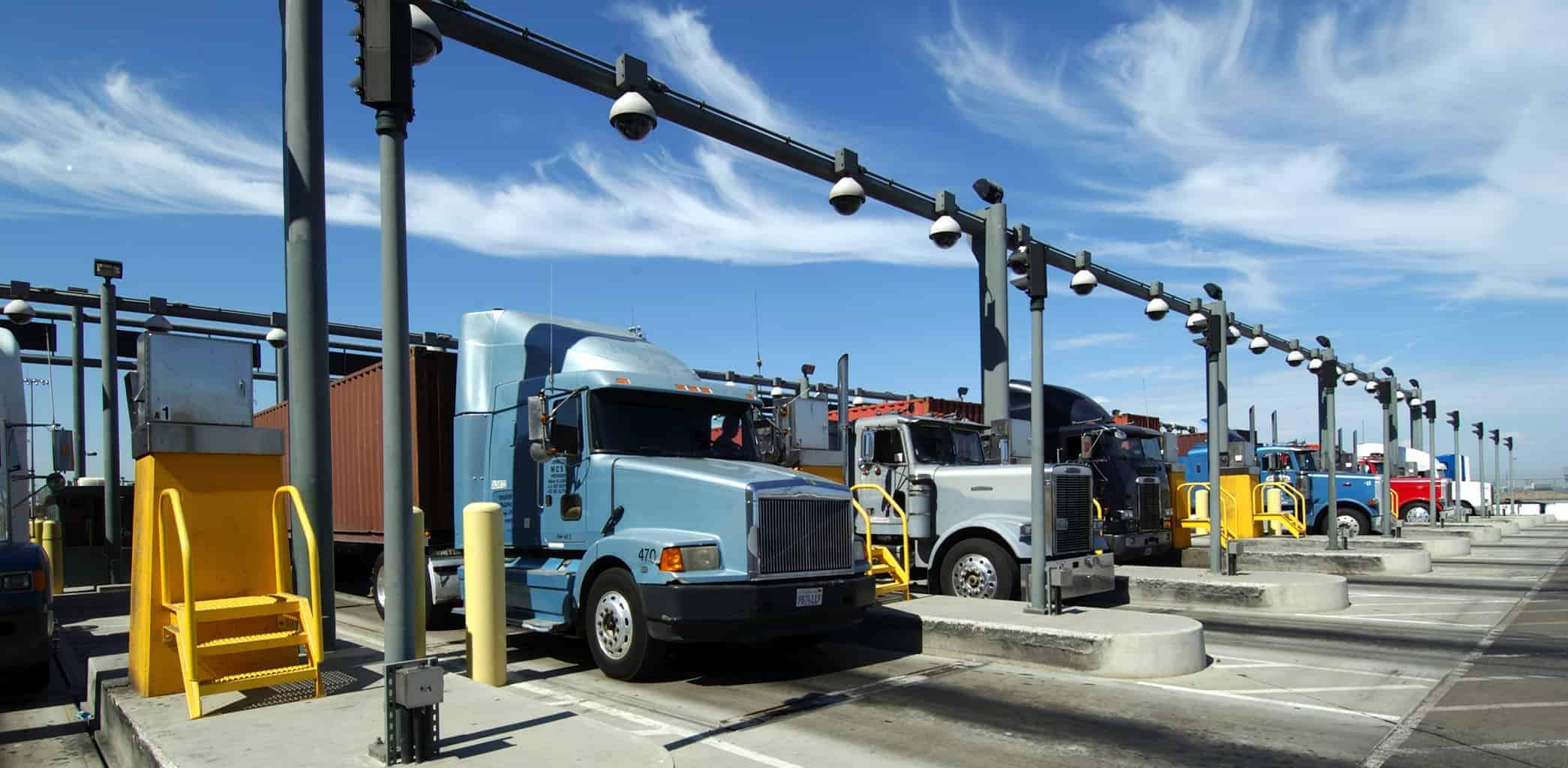Picture this: As a trucker, you need to return an empty container to the depot by 10am, however the only available appointment time is 2pm. Your truck has to reach the neighbouring port terminal on time to pick up another import to make the next customer delivery and a 4-hour delay is an inconvenience. In pressing situations like these, you can either send an extra truck to collect the empty container or offload the container at your trucking yard. But is there a better option at your disposal? Simple reuse or exchange would be an effective way to avoid such a problem. It is possible on MatchBox Exchange (MB), the world’s first open-market platform that allows trucking companies to reuse their empty containers or exchange them with other parties on the land-side. A reliable and secure solution, MatchBox Exchange helps trucking companies avoid the appointment system altogether as it eliminates the need to transit through empty container parks. Now, drivers can follow a schedule and reach more customers by using MB’s 24×7 Instant Approval feature to set up bookings throughout the day. Adopting the MatchBox Exchange advantage saves costs and time, improves productivity and brings more value to transport companies across markets. Moreover, fleet utilisation and operational…
Steer clear of depot congestion this holiday season with MatchBox Exchange
Industry experts anticipate heavy congestion at depots pre-holiday season, continuing through Christmas and into early 2022. The build-up of empty container stock is expected to reach critical levels making it difficult for supply chains to run efficiently during peak periods. In addition to transport costs, tolls, penalties, and waiting time, a sudden hike in demand-surge, and booking fees could overwhelm shippers and logistic interfaces on the land-side. With empty container parks running at full capacity, a spillover is certain. This would make needless truck trips to distant depots necessary, raising operational costs and hampering productivity. Transport operators are charged a notification fee each time they return or collect an empty container. Despite drivers stuck in traffic jams for long hours, missing time slots, this fee has seen a constant increase. Quarantine combined with peak seasons leaves logistics service providers with few alternatives as they can hit targeted departure dates only when they book well in advance — roughly 4 to 6 weeks prior. They are charged a fee on demand-surge, even as carriers limit intermodal bookings. The burden of these mounting costs often falls on them as forwarders and importers believe it is their job to avoid detentions while completing…


